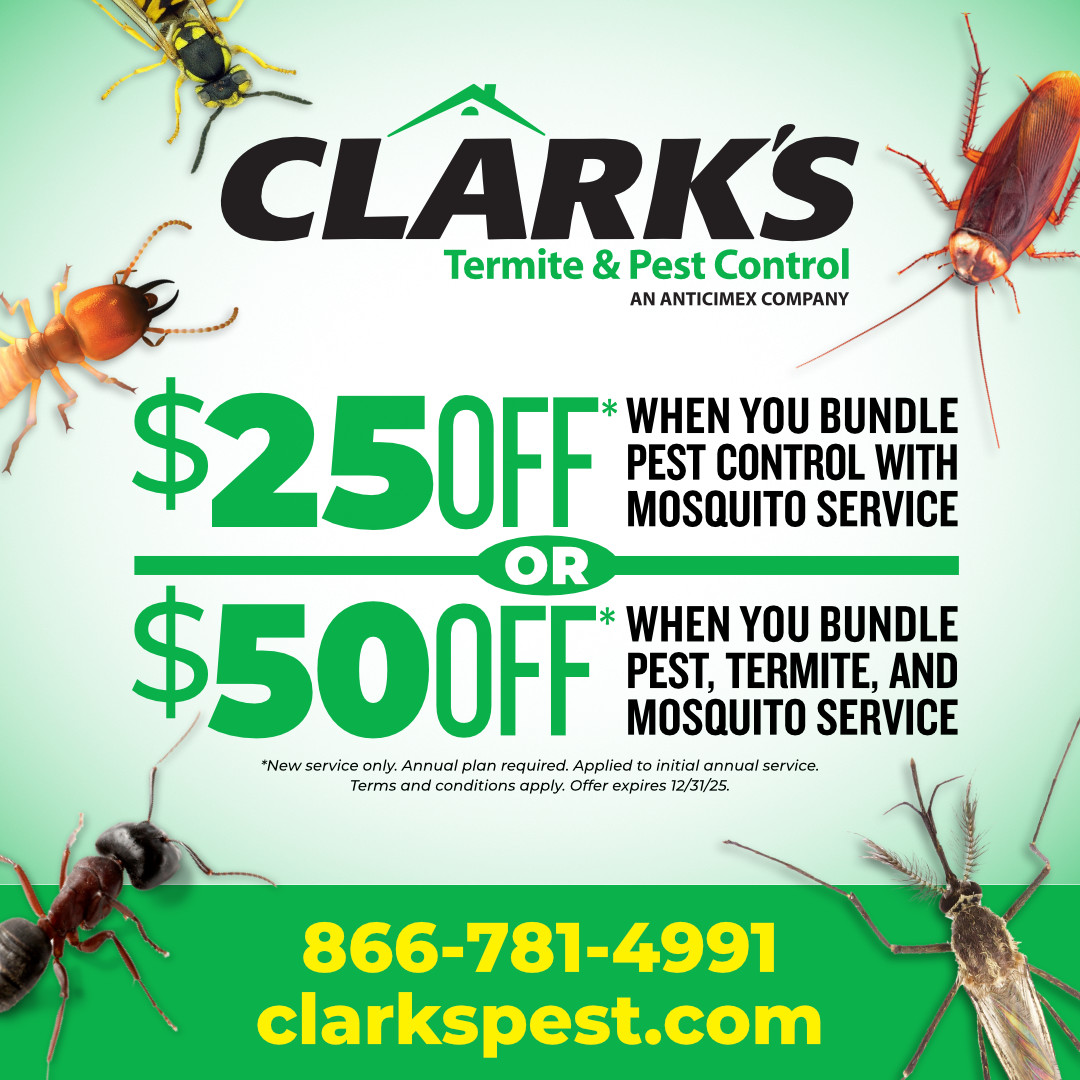Vole Control
At Clark’s Termite & Pest Control, we understand that voles, often mistaken for mice, can cause significant damage to your landscaping, gardens, and lawns in North Carolina and South Carolina. These pesky rodents can wreak havoc quietly and swiftly. To protect your property from voles, it’s essential to learn about their behavior, take preventative measures, and explore effective treatment options if an infestation occurs.
What Are Voles?
Commonly referred to as field mice, voles are small rodents found throughout North America, including the southern states. They typically live underground and travel through a network of tunnels, often favoring areas with tall grass or dense vegetation. Voles have a primarily vegetarian diet, feeding on plants, tree bark, grass, fruits, and nuts. Understanding their dietary preferences is crucial for effective control, as it influences the bait used in trapping.
How to Identify Voles
Voles resemble small hamsters but have shorter tails and stockier bodies, typically growing between 5 to 7 inches long. Due to their swift movements and tendency to avoid detection, identifying voles often begins with assessing the damage they cause.
Key signs include:
- Gnawed bark at the base of trees.
- Surface damage resembling “above-ground tunnels”
- Small holes in your yard, approximately 1 to 2 inches in diameter
- Wilted plants or those that come out of the ground easily, indicating root damage
How Do Voles Enter Your Property?
Voles thrive in environments with abundant vegetation, such as dense grassy fields, woodlands, and gardens. If you live in or near these habitats, your home or business may be at risk for vole infestations year-round.
Impacts of Voles on Your Home or Business
Despite their small size, voles can cause extensive damage if left unchecked. Their relentless search for food can lead to significant issues, including:
- Damage to tree bark and root systems
- Surface runways that destroy grass and leave droppings
- Destruction of gardens, plants, and crops
- Attraction of larger predators like coyotes, foxes, and raccoons that hunt rodents
Lifespan of Voles
On average, voles live for about three to six months, although some may survive up to a year in rare cases.
How to Prevent Voles
Effective prevention and control of voles typically require the expertise of pest control professionals. However, homeowners and business owners can take proactive steps to minimize the risk of infestations:
- Keep grass, brush, and weeds trimmed short
- Install fencing around vulnerable areas such as tree bases and gardens
- Remove woodpiles, junk, and other clutter that could provide hiding spots
- Consult with the experts at Clark’s Termite & Pest Control for tailored advice and solutions
Protecting Your Property from Voles with Clark’s Termite & Pest Control
Clark’s Termite & Pest Control offers professional services designed to effectively manage and prevent pest issues, including voles, in the Carolinas. Our Integrated Pest Management (IPM) approach focuses on identifying the root cause of the problem and implementing solutions that minimize risks to your health, pets, and the environment.
GET A FAST FREE ESTIMATE

